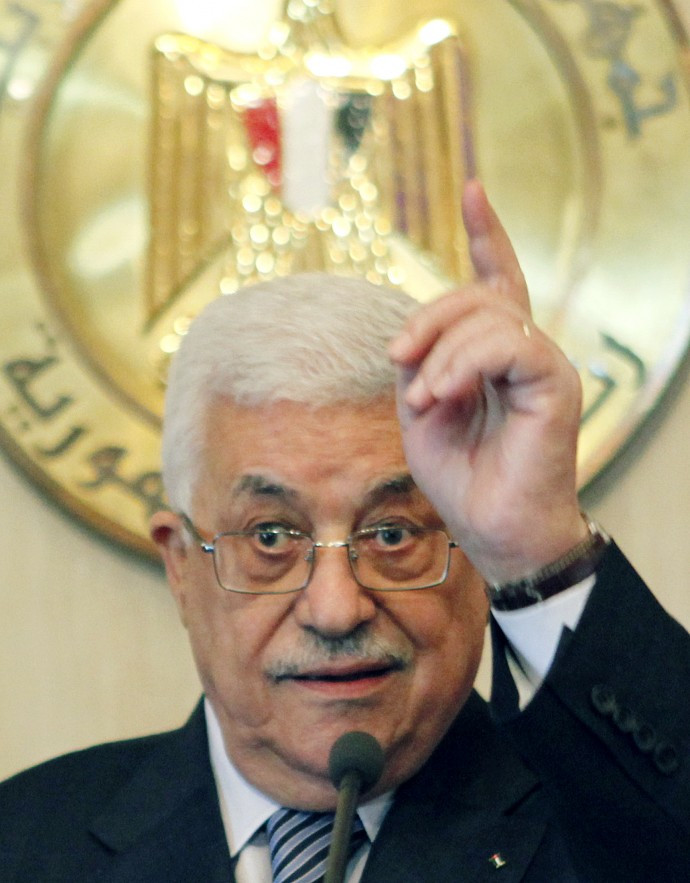Palestinian Unity Deal: Already in the Past?

Hopes for a untied Palestinian leadership were recently reignited after a surprise agreement was signed just a few months ago, but recent events prove dissentions are still very much in the way.
After the two camps failed to agree on a joint plan for their UN statehood bid, Palestinian President Mahmoud Abbas Abbas is now set to head to the United Nations alone in September.
"President Abbas was surprised by the international opposition to the reconciliation with Hamas, so he decided to slow down at least until September," a senior Fatah official said, speaking on condition of anonymity because he wasn't authorized to discuss official policy, told the AFP.
"Now, with all efforts focused on September, we want all voices to be with us," he said. "We are not giving the Americans or anyone else a reason to shun us because of the reconciliation or anything else," the news agency also quoted him as saying.
The unity deal was signed in May after Palestinians took to the streets and called for the unification of the governments, in the West Bank and Gaza.
The Palestinian situation has stagnated and many want to see new developments, which they say can only come if the state has one strong political voice.
The internal conflict and power struggle between Hamas and Abbas has prevented the leaders from focusing on a statehood bid, which most of the Palestinians see as the only way to regularise the situation, after peace talks with Israel failed and were brought to a halt.
Unfortunately it seems that the struggle for power and influence once again got in the way of the Palestinian cause as both political parties failed to agree on a range of issues including who would control the Palestinian security forces, who will be in the government and what stance to adopt with regards to Tel Aviv as Hamas reject the Israel's existence.
The formation of a new government was said to be one of the most contentious issues as Abbas insisted he wanted to keep Prime Minister, Salam Fayyad.
Fayyad, in Abbas' view, is a much needed figure as aid donors from the West and the U.S. respect him while they on the other hand reject Hamas, which they see as a terrorist group.
Hamas's refusal to alter its ideology and shift from a pro-violence to a more negotiation-centred approach could also have incited Abbas' decision to distance himself from the group as it has prevented certain countries from supporting the statehood bid, analysts say.
Also , Abbas is aware that for the statehood bid to have a diplomatic weight it needs to be backed by Western countries as well as passed by the b U.N. General Assembly, Palestinian officials said.
"We want a government that can assure continued international support, including support for September," said Ameen Maqbool, a member of the Fatah delegation to negotiations with Hamas.
"If we form a government with Hamas that Hamas wants, the U.S. and Israel will get the pretext they need to create troubles for us before September, and that would affect our efforts to gain the recognition we want at the U.N.," Maqbool said.
© Copyright IBTimes 2024. All rights reserved.






